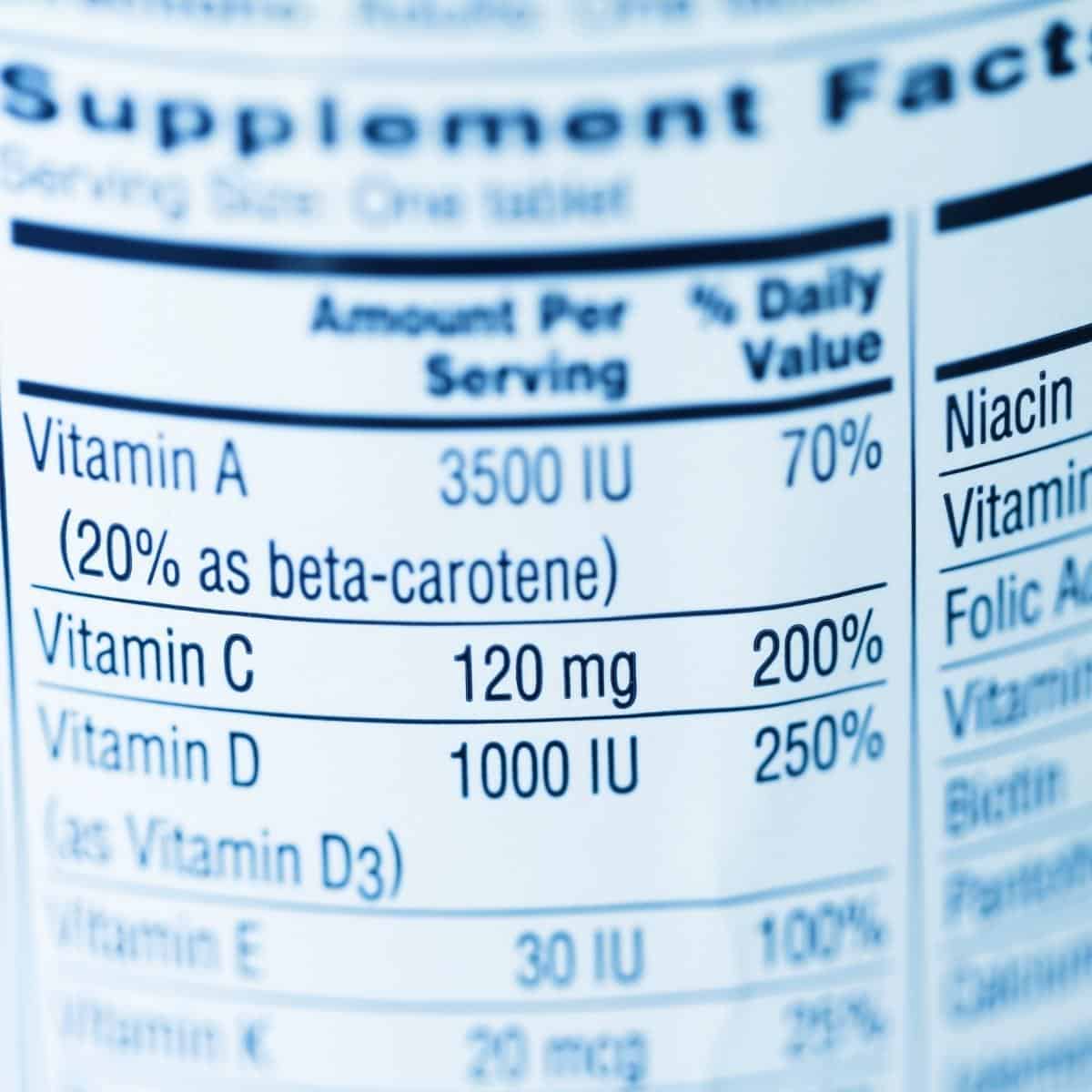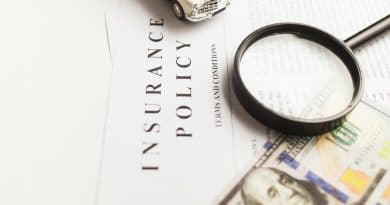How to Resist Alcohol, and What to Do If You Drink
- The first Friday and the last Saturday are among the most popular days to imbibe in Dry January.
- To prevent a slip-up, talk to a supportive community, return to your “whys,” and plan for triggers.
- If you do drink, show yourself compassion and learn from the experience. Don’t start at square 1.
The first time I really craved a drink this month was Friday, January 7.
I’d gone for a late afternoon swim, was proud of myself for a productive (and dry) week, and I was thirsty! Not much would taste or feel better on this cool January evening, I thought, than the simple pleasure of a cold craft brew at a local bar.
While I placated myself with a non-alcoholic beer or three at home, many other Dry January participants — or those committed to living the month alcohol free — imbibed.
Data suggests the first Friday of the month is a popular slip-up day in Dry January, and most people cave at one point or another. But experts say there are ways to foresee the tempting times and recover from slip-ups.
Most people who commit to Dry January don’t stay totally dry
Data from over 15,000 users of the mindful drinking app Sunnyside found that this year, 35% of those aiming for a sober month had a drink the first week. More of them — 27% — did so on Friday, January 7, than any other day.
The first Friday was also the most common “first fail” day last year, and Fridays in general had nearly twice as many drinkers as any other day of the week, the organization found.
“What this tells us is the end of the work week for many people is, ‘I have now been through the gauntlet of five days of working and I’m needing to give myself some respite,'” Nick Allen, Sunnyside’s cofounder and CEO, told me.
The last Saturday of the month is also a popular day to drink. Alcohol Change UK, the organization credited with launching the Dry January movement, found that more participants tippled — 27% — on January 30, 2021, than any other day of the month.
Meanwhile, a UK study by the water company Volvic finds January 16 is the most likely day Dry January participants cave, Good Housekeeping reported. “By week three, your enthusiasm can start to wane,” psychiatrist Dr. Tony Rao of Alcohol Change UK says.
In all, estimates of the percentage of Dry January attempters who remain dry all month range from 19% to 55% — and these are folks motivated enough to download apps to support their goals. Never mind that some likely fudged their records.
“If you’re not totally successful at keeping it to complete zero, you’re actually in the majority — not someone who’s some outlier who doesn’t have any self control,” Allen said.
How to avoid leaning on alcohol when you’re vulnerable
Annie Grace, founder of the Alcohol Experiment, the 30-day program I’m following, told me predicting if and when people drink is less about a specific day and more about an individual’s emotions and thoughts around alcohol.
If you anticipate a trigger, Grace suggests sharing how you’re feeling with a supportive community. My Alcohol Experiment Facebook group is filled with people working through upcoming ski trips, funerals, dinner parties, and late work shifts.
It also helps to return to why you wanted to take the month of in the first place. For me, it’s to prove I can keep promises to myself and to simply experience life without booze. The better sleep, workouts, and skin are a bonus too.
Practically, Allen recommends stocking up on alcohol-free substitutes and making plans for Saturday morning — a hike, yoga class, or early coffee with a friend — if you’re one of the many tempted on Friday nights.
“Shifting the reward center in your mind from, ‘I’m going to drink in order to relax’ to ‘I know I’ve got this thing that I’m really forward to tomorrow morning that I don’t wanna ruin by drinking tonight’ makes a really big difference,” he said.
What to do if you have a ‘wet’ day
The experts agree: If you take the month to explore your relationship with alcohol, it’s a success whether or not you drink. If you abstain but white-knuckle your way through only to double-down on your drinking in February, well, you’ve missed the mark.
That’s why Grace calls an unplanned drinking moment a “data point” from which to learn and discourages people from feeling like they have to start again at day 1. Quitting drinking, she says, “is not a linear process.”
So if you do throw one or 10 back, first show yourself compassion, she says. Then, get curious: What triggered you to drink? Did it feel and taste as good as you anticipated? Was it worth it the next day? Journal about it.
Finally, keep in mind the benefits of Dry January aren’t reserved for those who abstain the full 31 days. Cutting your intake by half or a quarter pays dividends too, and can set you up to maintain a more moderate lifestyle February and beyond.
Alcohol Change UK, for one, finds that 70% of Dry January participants continue to drink less year-round.
“Think of this as a lifetime investment in your health,” Allen said. “If you take that philosophy, then one drink in January doesn’t feel like as much of a big deal.”



